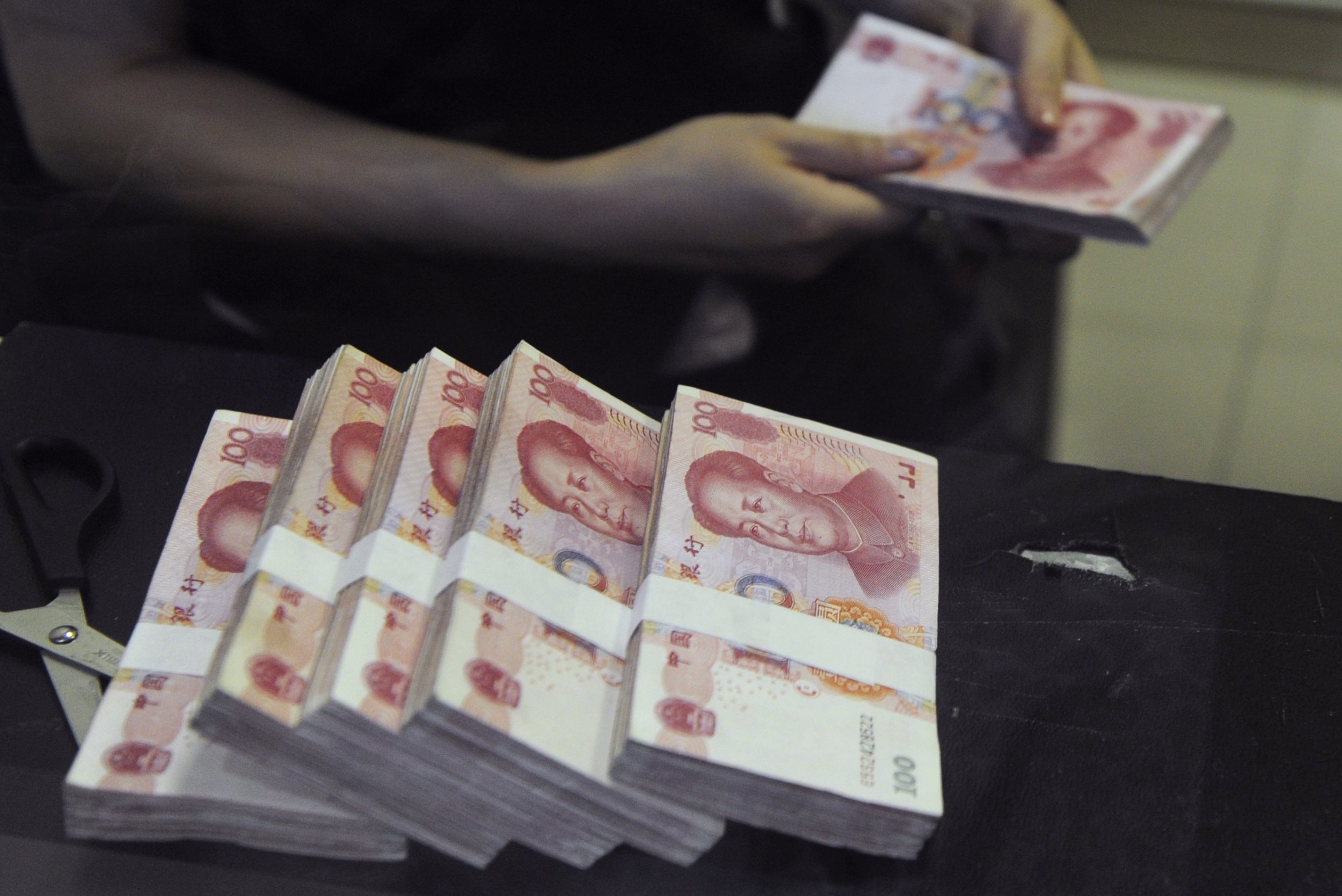
When it comes to dirty money, private bankers with keys to Swiss vaults storing paintings and jewels for American doctors and lawyers are barely contenders. The real players -- accounting for nearly $6 trillion -- are crime syndicates, cartels and organized tax dodging in developing countries, led by China and, increasingly, Russia.
Nearly $947 billion in illicit money flowed out of some 55 developing countries in 2011, a 13.7 percent increase over 2010 levels, according to Global Financial Integrity, a Washington, D.C.-based research and advocacy organization that works to stem flows of illegal money. Their findings put the total amount of tainted money to have leached out of developing countries at over $5.9 trillion between 2002 and 2011.
The surprise, according to GFI figures: Russia's No. 1 spot on the list for 2011. That year, the Slavic country had tainted outflows of more than $191 billion, more than double previous estimates by GFI. Russia's rise puts it closer on the heels of China for 2002 through 2011: Over that period, China tops the list, at just over $1 trillion, or nearly one-sixth the total of global hemorrhaged assets, to Russia's cumulative $881 billion.
For its new report, GFI uses a different methodology from the one it employed in prior years -- one that both increases Russia's share of the total and decrease China's.
Other leading exporters of illicit capital include Mexico, Malaysia, India and Saudi Arabia, the report says.
"With the recovery of the world economy, illicit flows have also accelerated," Raymond Baker, the president of GFI, tells Newsweek. He adds that there was a leveling out of financial flows after the 2008 financial crisis, but that the flows "were back on an upward trend."
The current GFI figures, based on data from the World Bank and International Monetary Fund, underscore a little-noticed counterpoint to growing efforts in the United States and Europe to curb tax evasion by wealthy individuals who are otherwise law-abiding citizens. The Group of 20 leading industrialized nations pledged last September to crack down on money laundering and tax loopholes that have allowed corporations to dodge taxes, and The Organization for Economic Cooperation and Development is working on a similar initiative.
The flow of tainted money, linked to crime, corruption, bribery, money laundering, kickbacks and tax evasion, is around three times the amount of offshore assets -- some $2.2 trillion -- held in Switzerland, the global center of offshore banking. It is impossible to say how much of GFI's total $5.9 trillion has found a home in Switzerland or in other offshore havens like the Caribbean or Singapore.
By far the biggest driver of tainted money is something called trade misinvoicing -- the underreporting or overreporting of the true value of a good or service sold or acquired abroad, with the difference depending in part on whether the good or service is cast as an export or an import. Often called "the dark side of international trade," misinvoicing accounted for nearly 80 percent of illicit flows during 2002 through 2011.
But even GFI says its numbers may not tell the whole story. Baker notes that IMF trade data covers misinvoicing only for merchandise trade, not service trade, and that figuring out illicit flows between China and Hong Kong is difficult."We may well underestimate what's going on between China and Hong Kong -- it's murky," he says.
GFI's figures also do not account for hawala transactions, an informal banking system common in Muslim countries -- the word "hawala" means "trust" in Arabic -- that are conducted in bulk cash.
"This means," the report says, "that much of the proceeds of drug trafficking, human smuggling, and other criminal activities, which are often settled in cash, are not included in these estimates."
Uncommon Knowledge
Newsweek is committed to challenging conventional wisdom and finding connections in the search for common ground.
Newsweek is committed to challenging conventional wisdom and finding connections in the search for common ground.
About the writer
Lynnley Browning is a senior writer for Newsweek who writes frequently about business. In prior years she wrote hundreds of ... Read more
To read how Newsweek uses AI as a newsroom tool, Click here.








